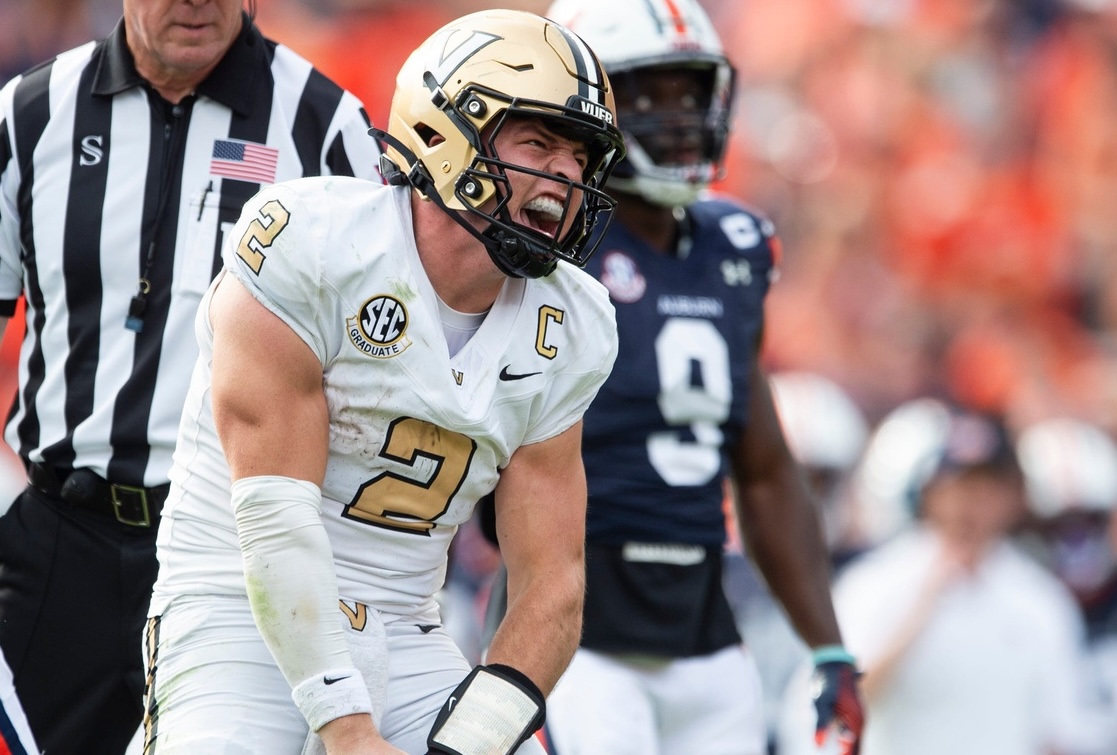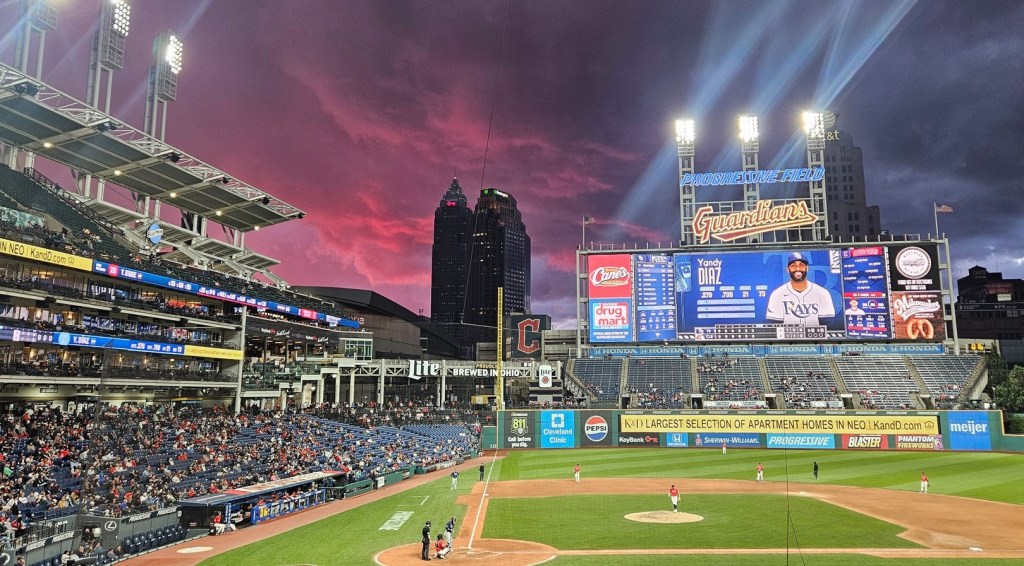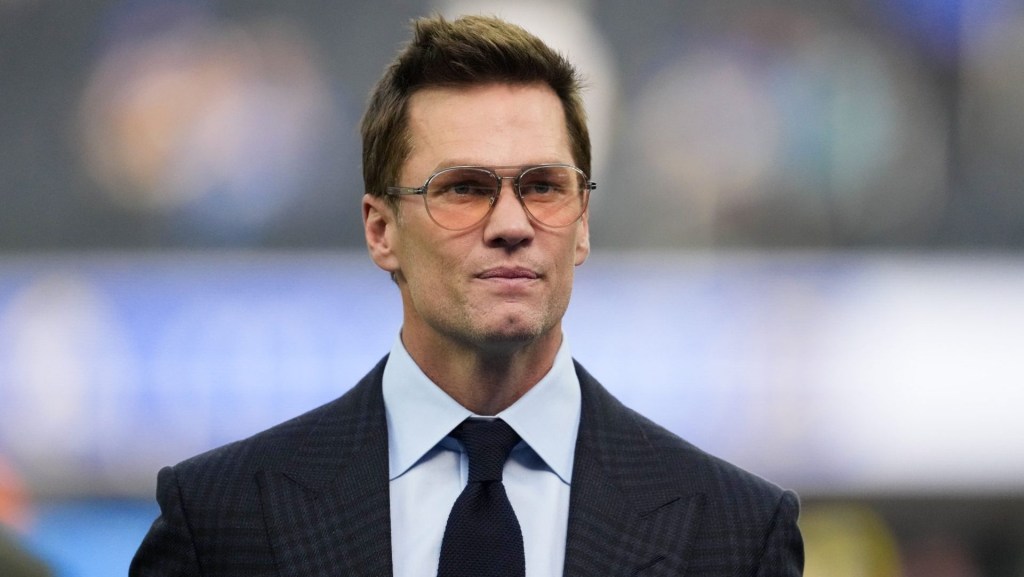In the wake of Diego Pavia’s historic court victory, the NCAA Division I Board of Directors awarded a waiver to junior college players in a similar position to the Vanderbilt quarterback, giving them an extra year of NCAA eligibility.
The waiver is only for students whose eligibility was going to expire in the 2024–2025 season, and now extends them until 2025–2026. It applies to athletes who played at “a non-NCAA school,” which would include junior college, NAIA, and Canadian athletes, though that case has already been settled for ice hockey and skiing.
Last week, Pavia received a temporary injunction from a Tennessee court that granted him an extra year of eligibility until his case was resolved. The previous NCAA rules stated that athletes could play four seasons in five years, and JUCO years counted toward those four seasons. Pavia played two years at New Mexico Military Institute, two years at New Mexico State, and a fifth year at Vanderbilt (one of his seasons counted for the Covid-19 redshirt.) He argued that the rules both violated antitrust law—costing him up to $1 million in NIL earnings—and were hypocritical because they did not apply to athletes who spent time at postgraduate academies or on religious missions after high school. The judge who granted Pavia’s injunction said last week that his claims have a “strong likelihood of success” in court.
At the same time it announced the waiver, the NCAA also said it will appeal the temporary injunction given to Pavia. The injunction only applied to Pavia, but made lawsuits from athletes in a similar position all but certain.
The NCAA also said Monday that the board and DI Council “authorized a comprehensive eligibility review” in June with a goal of making an “eligibility framework that will be sustainable and can withstand scrutiny.” That discussion will continue at meetings in January, the NCAA said.
It’s unclear how many athletes could be affected, but the number could be significant.
The waiver opens the doors for hundreds or even thousands of athletes to play another year. It’s the third wide-reaching NCAA loss related to eligibility in the past year. Courts have also knocked down—at least for now—the NCAA’s ability to restrict transfers or enforce any rules around NIL.







![[Subscription Customers Only] Jun 15, 2025; Seattle, Washington, USA; Botafogo owner John Textor inside the stadium before the match during a group stage match of the 2025 FIFA Club World Cup at Lumen Field.](https://frontofficesports.com/wp-content/uploads/2026/02/USATSI_26465842_168416386_lowres-scaled.jpg?quality=100&w=1024)
![[Subscription Customers Only] Jul 13, 2025; East Rutherford, New Jersey, USA; Chelsea FC midfielder Cole Palmer (10) celebrates winning the final of the 2025 FIFA Club World Cup at MetLife Stadium](https://frontofficesports.com/wp-content/uploads/2026/02/USATSI_26636703-scaled-e1770932227605.jpg?quality=100&w=1024)








